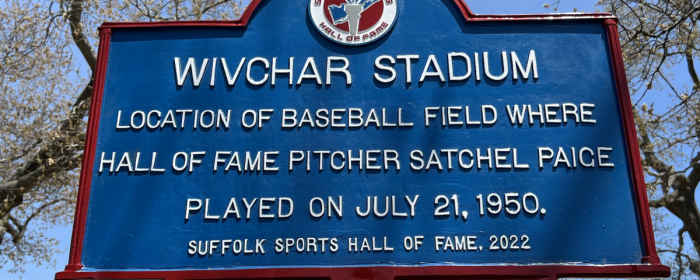Soundkeeper’s ongoing legal campaign to stop power plants from killing untold numbers of fish in Long Island Sound received a huge boost recently with the award of a challenge grant from the Bunting Family Foundation that could result in $75,000 being added to the organization’s war chest.
The funds will be used to help pay for the legal representation, engineering consultants, biological consultants, and staff costs necessary to continue winning battles in this crucial fight on behalf of the Sound’s marine life and the people who enjoy the Sound.
Soundkeeper, based in Norwalk, has been in the forefront of the two-decades-long legal effort to force changes in the way power plants operate, in particular the once-through cooling process that kills fish and other marine life.
“If you or I were fishing and we kept undersized fish, we would be fined — and rightly so,” Soundkeeper Terry Backer said. “But the power plants are allowed by permit to kill millions of small fish. We think that’s wrong.”
The seven power plants that operate on Long Island Sound — four in Connecticut and three in New York — draw in 5.2 billion gallons of cooling water a year, and then discharge it back into the Sound.
Once-through cooling kills fish in two ways — through entrainment and impingement.
Entrainment means the smallest fish, crabs, lobsters and their eggs and larvae are pulled through screens that protect the plant from debris in the cooling water. The plant’s heat is transferred to the water, killing the fish, larvae and eggs. This lifeless soup is then dumped back into the Sound.
Impingements means that larger fish and crustaceans are pinned and killed on those same protective screens.
The number of fish killed is staggering. Soundkeeper calculates that one plant alone, the Millstone nuclear power plant, in Waterford, which draws in 2.2 billion gallons of water a day, killed 154 billion fish of just seven species — winter flounder, cunner, bay anchovies, tautog, menhaden, grubby and American sand lance — in the three decades ending in 2002.
The Bunting Family Foundation’s $35,000 award is a one-to-one challenge grant, which means Soundkeeper must raise $35,000 to match it. If it does, the Bunting Family Foundation will contribute an additional $5,000, bringing the total amount raised to $75,000.
“This generous grant from the Bunting Family Foundation will allow Soundkeeper to continue its legal fight and, we are confident, to have even more success in changing the way electric power generators do business,” Backer said.
A recent victory by demonstrates the importance of continuing this work. The Clean Water Act mandates that the U.S. Environmental Protection Agency issue regulations requiring power plants to use the best technology available for their cooling systems. New power plants must use closed-cycle cooling but EPA has been slow to require changes to existing plants.
Because of legal challenges under the Clean Water Act and relentless ground work on power plant permits by Soundkeeper over the years, and the efforts Citizens Campaign for the Environment, regulators recently changed the operating permit for the Port Jefferson, N.Y., power plant, which draws in 399 million gallons of water a day and is part of National Grid USA.
Variable speed pumps and Ristoph screens will be installed to limit the amount of water sucked into the plant and to prevent entrainment and impingement. The permit requires a 95 percent reduction in impingement and an 80 percent reduction in entrainment, as well as two years of monitoring the plant’s compliance.
Another National Grid USA plant, in Northport, is on Soundkeeper’s docket to force permit changes. The grant from the Bunting Family Foundation will help in that effort. Northport draws in 939 million gallons of water a day.
In addition to Millstone, Port Jefferson and Northport, the other power plants that use Long Island Sound water for cooling are in Norwalk (298 million gallons a day), Bridgeport (541 million gallons), New Haven (404 million gallons) and Devon/Milford (262 million gallons).
In addition to Citizens Campaign for the Environment, Soundkeeper has worked in partnership on this effort with the Connecticut Fund for the Environment.


































